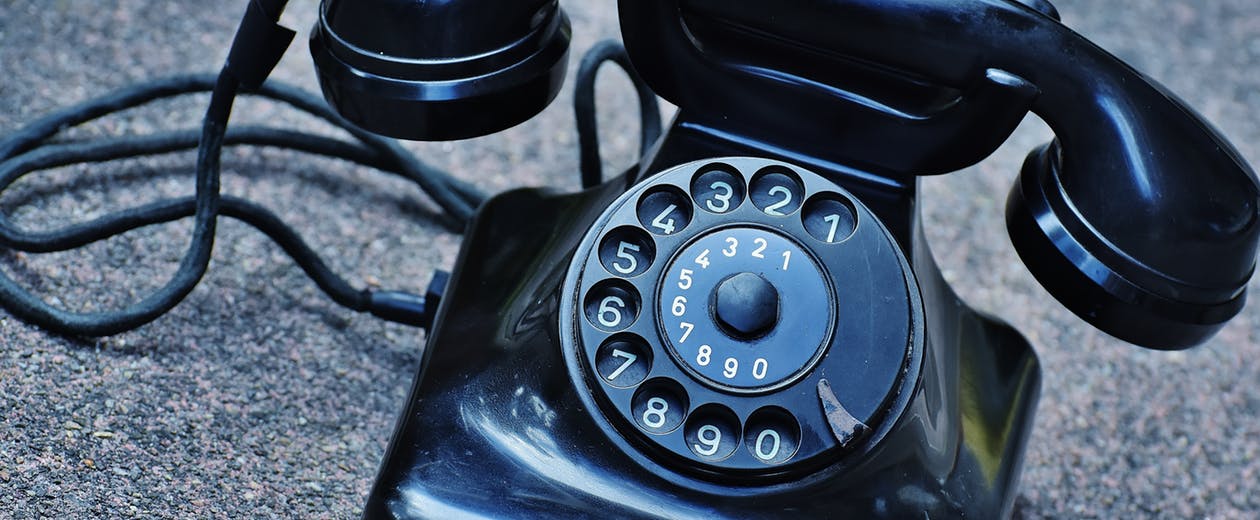We live in an increasingly litigious culture. So it’s no surprise that Telephone Consumer Protection Act (TCPA) lawsuits are on the rise, according to the latest Debt Collection Litigation and CFPB Complaint Statistics Report from WebRecon. The study revealed that TCPA cases rose by 31.8 percent from 2015 to 2016, with 3,687 cases in 2015 and 4,860 suits in 2016.
This number is expected to show another surge from 2016 to 2017.
This means that now, more than ever, you must be confident that your auto dialer partner is prepared to help you achieve compliance with the TCPA. The risks otherwise are too expensive.
What Does TCPA Compliance Entail?
The Telephone Consumer Protection Act was enacted in 1991 as a way to reduce the frequency of consumers receiving unwanted telemarketing calls. As technology and the rise of cell phones advanced, an update was issued to the TCPA in October of 2013 to more snugly guard consumers’ cell phones from automated communications. The update established a requirement for telemarketers to obtain express written consent to send text messages, auto-dialed calls, and pre-recorded calls. It also included written consent requirements for prerecorded calls made to residential numbers.

These restrictions on automated dialing not only impacted the tele-sales industry’s ability to connect with consumers on mobile phones – which the majority of consumers have transitioned to – but it also increased the level of risk related to lawsuits and pricey penalties. In fact, as there is no legal maximum set on the penalties that could be issued for failure to attain TCPA compliance, lost cases could cost telemarketing firms anywhere from hundreds of dollars to multi-millions of dollars.
How TCPA Compliance Changes the Game
Although the pre-TCPA era of tele-sales allowed virtually unlimited phone access into the kitchens, living rooms, and businesses of potential customers, the power of today’s TCPA compliant power dialer is not just about racing to win a more difficult numbers game.
While a dialer software does dramatically improve your call volume and, thus, sales success ratios, it also helps personalize consumers’ experiences with your sales team. It’s about making a quality connection with the right person at the right time.
Manually dialing a 10-digit number pulled from a generic spreadsheet not only wastes time, but it also poorly prepares salespeople to speak to the real, living, breathing, person on the other end of the line. A proper power dialer, however, allows you to personalize your sales calls, by equipping you with a preview of the person’s contact information and identifying characteristics. This allows you to segment and carefully hone your calls to those who are best-suited as a potential customer.
By using a quality, compliant power dialer, your call number can also be identified from your cell phone to a consumer’s caller ID as being a recognizable local business number. This improves the chances of you getting a warmer, live response on the other end of the line, and increases the chance of being able to have a conversation with a potential customer.
If, however, your tele-sales call is not answered, dialer software should be able to provide a compliant one-click voicemail function that allows you to automatically leave a professional, prerecorded message at the click of a button, rather than wasting time leaving the same message time and time again.
All of these functions improve your sales team’s experience, as well as the experience of the customer, however, there are still guidelines that you must ensure your dialer operates within, in order to best protect your business from lawsuits related to TCPA compliance.
Are you looking to keep your team focused and on message? Call Logic cloud dialing software can triple call rates, keep your team focused, and even features a whisper coach feature to train new team members on sales calls. Give Call Logic a try today!

The More You Ask, the Better
Although power dialers offer a plethora of benefits to both your customer and to your business, you still must ensure that your selected provider can provide the highest possible level of litigation protection, should the need arise. This means that there are questions you need to ask, regarding topics such as:
- Appropriate call times to residences
- Business-specific Do Not Call (DNC) lists
- National DNC Registry adherence
- Obtaining written consent
- List scrubbing
- Artificial or pre-recorded voice messages
- Consumer opt-out options
- Call length
- Etc.
With the increasing attention that auto-dialer software services are getting, it may be wise to consider obtaining the counsel of an attorney when choosing a dialer that claims TCPA compliance. Due to the vague terms that define TCPA standards, and the number of cases passing through litigation every year, an attorney’s familiarity with the existing court opinions is a useful tool.
Need some incentive to experience the effectiveness of Call Logic?
